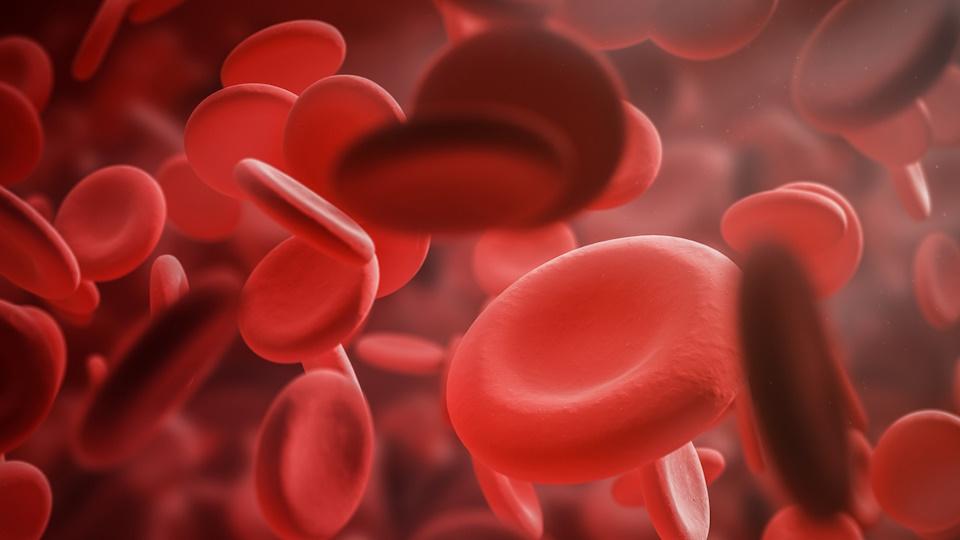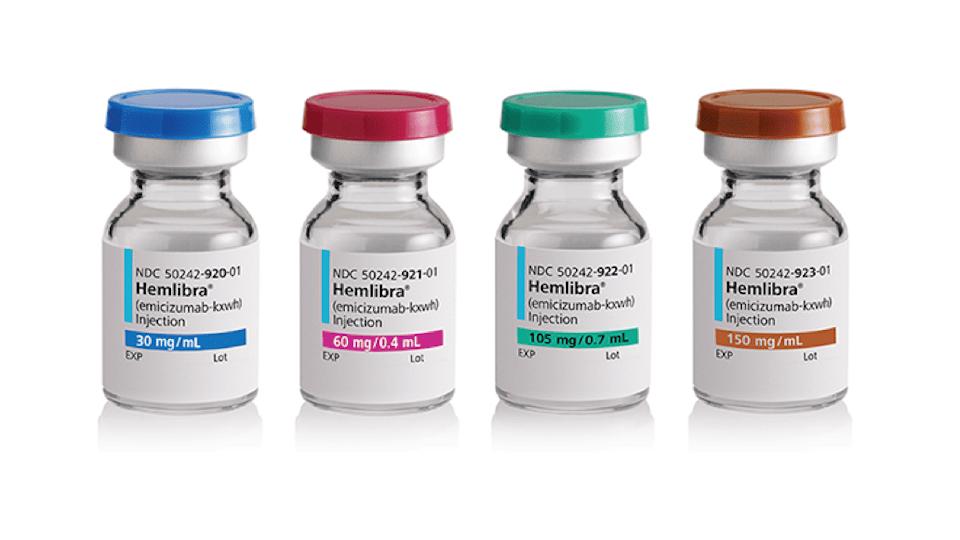Can Pfizer, Sangamo energise haemophilia A gene therapy?

There has been a gene therapy on the market for people with the bleeding disorder haemophilia A since 2022, but take-up has been very slow. Pfizer and Sangamo are hoping for a faster trajectory with their experimental treatment.
The partners' one-shot giroctocogene fitelparvovec therapy has cleared a phase 3 trial, showing it was better than regular prophylaxis injections with Factor VIII (FVIII) replacement therapies at reducing bleeding episodes, and could now be heading for regulatory review.
In their sights is first-to-market Roctavian (valoctocogene roxaparvovec) from BioMarin, which was approved in Europe in 2022 and the US last year, but has seen glacial sales growth, coming in at $800,000 in the first quarter of the year. Its list price in the US is $2.9 million.
BioMarin has blamed the slow uptake – just four patients treated as of the end of April – on "reimbursement and market access challenges," and has even intimated it may divest the gene therapy.
Against this backdrop, Pfizer and Sangamo have revealed results of the AFFINE study showing that a single dose of giroctocogene fitelparvovec achieved a significant reduction in the annualised bleeding rate (ABR) from week 12 out to 15 months compared to FVIII replacement, falling to 1.24 compared with 4.73 in the pre-infusion period.
Giroctocogene fitelparvovec also slashed the average number of treated bleeds from 4.08 before treatment to 0.07 afterwards, a 98% reduction.
Other measures were also significantly improved, including maintaining FVIII activity in the body at 5% or more, which was achieved by 84% of giroctocogene fitelparvovec-treated patients at the 15-month timepoint, with most of them seeing levels above 15%.
There was one treatment failure among the 75 patients enrolled into the trial that required a return to FVIII prophylaxis, and nearly half of dosed participants saw "transient" levels of FVIII of 150% or more, a finding that prompted an FDA clinical hold on the study in 2021.
Pfizer and Sangamo said, however, that those increases had no impact on safety or efficacy. All told, around 13% of patients had side effects thought to be related to the treatment, but most resolved with clinical management, according to a statement from the companies.
"These positive results from the AFFINE trial […] show giroctocogene fitelparvovec was generally well tolerated, and demonstrate the transformative potential of this gene therapy candidate to provide superior bleed protection compared with routine FVIII prophylaxis, while helping relieve the treatment burden for people living with haemophilia A," commented lead investigator Andrew Leavitt, a haemophilia specialist at University of California, San Francisco.
As Pfizer and Sangamo now start talking to regulators about a possible route to approval, the question is whether giroctocogene fitelparvovec can succeed where Roctavian has struggled.
Sangamo shares leapt almost 40% on the announcement, suggesting the company's investors are confident, but there does not seem to be a major difference between the two gene therapies in terms of clinical data.
Among the reasons held up for the slow uptake of Roctavian are doubts about how clinically meaningful the ABR endpoint is to patients and clinicians and unanswered questions about the long-term effects of the expensive therapy, in addition to any market access challenges. And those also apply to Pfizer and Sangamo's offering, at least for now.
It's worth noting that Sangamo's share price spike also follows a difficult period for the company, punctuated with job losses and efforts to divest programmes as it tries to reinvent itself as a neurology-focused genomic medicine specialist.
Meanwhile, for Pfizer the new trial is a key step forward in its efforts to build a haemophilia franchise, coming after it claimed the first regulatory approvals earlier this year for haemophilia B gene therapy Beqvez (fidanocogene elaparvovec), which will compete with CSL Behring's Hemgenix (etranacogene dezaparvovec).
It is also waiting for a decision on marketing applications in the US and Europe for marstacimab – an antibody therapy for haemophilia A and B – later this year.












